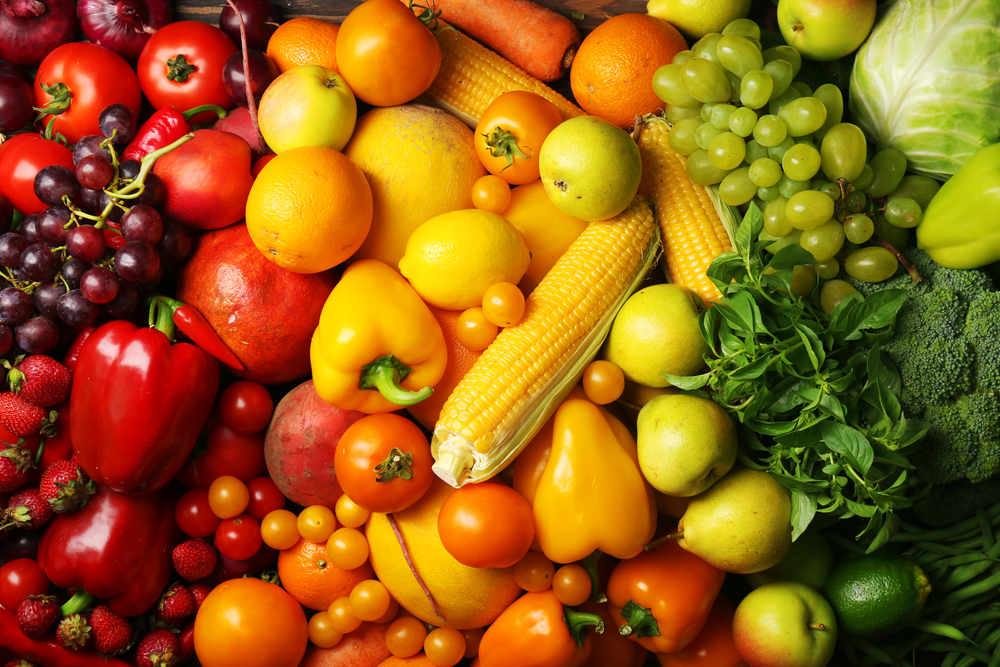The ancient concept of “food as medicine” receives new legitimacy in a revolutionary study, reinforcing the age-old belief that a diet rich in fruits and vegetables can perform wonders for heart health. In the midst of a diet-related disease epidemic that rivals smoking as the main cause of death, researchers have discovered a ray of light in the form of “produce prescriptions.”
Produce prescriptions on the rise: A healthy diet for a healthy heart
A unique strategy has arisen in a society where diet-related disorders such as diabetes, obesity, and hypertension have reached epidemic proportions. Enter “produce prescriptions,” an idea aimed at providing free fruits and vegetables to people suffering from these terrible ailments. The study involved over 4,000 individuals from 12 different states, all of whom were struggling to afford nutritious food. These people received monthly vouchers worth an average of $63, which they could use to buy fresh food at retail stores or local farmers’ markets, depending on where they lived.
The outcomes of health care practitioners tracking changes in weight, blood pressure, and blood sugar were encouraging. Study author Kurt Hager, a UMass Chan Medical School instructor, expressed excitement about the findings: “Among adults with hypertension, we saw that systolic blood pressure decreased by 8 mm Hg and diastolic blood pressure decreased by about 5 mm Hg, which could have a meaningful impact on health outcomes.”
The gains were equally encouraging for people suffering from uncontrolled diabetes. A1C levels, reflecting a 2-3 month average of blood sugar, dropped significantly, by about 0.6 percent. Hager stressed the importance of this reduction, adding that it is comparable to the impact of routinely prescribed drugs. The lesson is clear: little dietary adjustments can have a big impact on your health.
Fruits and vegetables’ effects on blood pressure and blood sugar
Joann Erickson, a participant in the Sacramento County Health Center’s prescription produce pilot program organized by the non-profit Wholesome Wave, spoke about her life-changing experience. She described feeling like a “millionaire” as she filled her cart with strawberries, blueberries, cherries, and salad greens—items that had been financially out of reach. Her energy levels increased, and her blood pressure medication was reduced. Her blood sugar levels increased, demonstrating the therapeutic effect of fresh fruit.
Dr. Dariush Mozaffarian, a cardiologist and professor at Tufts University’s Friedman School of Nutrition, emphasized the relevance of these findings. Lowering hemoglobin A1C and increasing blood pressure control can dramatically lower the risk of complications such as eye disease, renal disease, and nerve disease, which are common in diabetics.
The path to widespread implementation of food as medicine
As healthcare experts acknowledge the critical role of diet in disease prevention and management, the food as medicine movement gains traction. The commitment of the Biden administration to incorporate nutrition into healthcare is a huge step forward. Hager advocated for larger studies including comparison groups in addition to pilot projects.
As the data mounts, Holly Freishtat, head of the Milken Institute’s Feeding Change initiative, underscores the necessity of facilitating implementation. Technological solutions, such as systems that make food assistance programs like SNAP (food stamps) more accessible, affordable, and nutritious, can pave the way for more accessible, affordable, and nutritious diets.
While product prescription programs can help in the short term, the route to long-term health requires ongoing support. Dr. Mozaffarian highlights the need to establish long-term benefits, similar to ongoing pharmaceutical regimens. The goal is to make food as medicine a covered benefit for those who need it the most, encouraging a healthier and brighter future for everybody. As evidence mounts, hope increases that food can genuinely be a strong kind of therapy in our ongoing battle against diet-related diseases.
Source study: Circulation: Cardiovascular Quality and Outcomes— Impact of produce prescriptions on diet, food security, and cardiometabolic health outcomes











